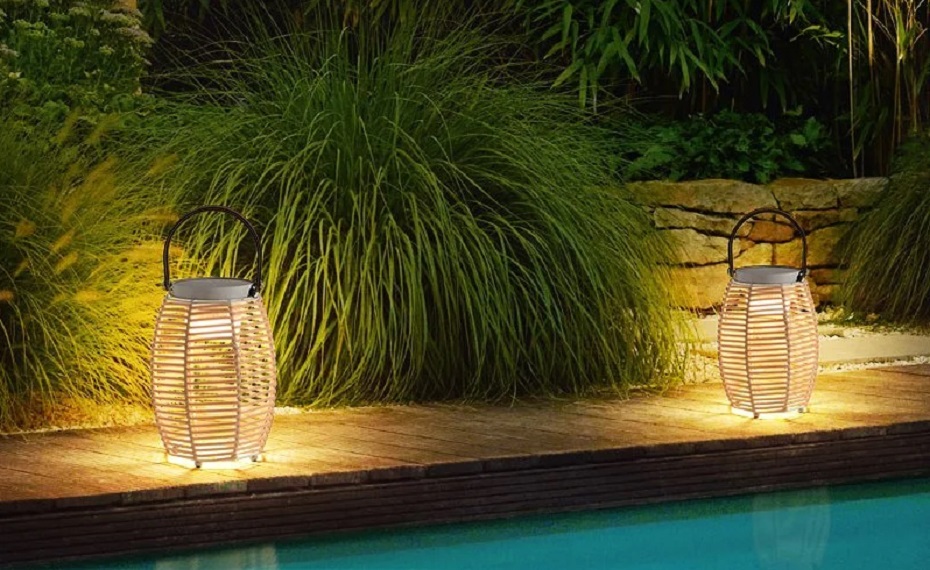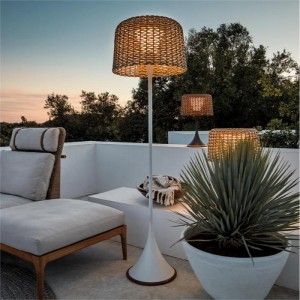Solar lights are a popular and eco-friendly choice for garden and outdoor lighting. However, many homeowners wonder if these lights are effective during the winter months. In this article, we will explore how solar lights function in winter, the factors affecting their performance, and tips to ensure they work optimally throughout the season.
Solar Light Functionality: Solar lights operate by converting sunlight into electrical energy using photovoltaic cells. This energy is stored in batteries and used to power the light after sunset. The effectiveness of solar lights largely depends on the amount of sunlight they receive, which raises concerns about their performance during winter when daylight hours are shorter and sunlight intensity is lower.
Ⅰ. Factors Affecting Solar Light Performance in Winter
Several factors influence the performance of solar lights during the winter months:
1. Sunlight Exposure
Reduced Daylight Hours: Winter days are shorter, which means less time for solar lights to charge.
Sunlight Intensity: The angle of the sun is lower in winter, resulting in weaker sunlight and reduced charging efficiency.
Weather Conditions: Overcast skies, snow, and rain can further decrease the amount of sunlight reaching the solar panels.
2. Temperature
Battery Efficiency: Cold temperatures can reduce battery efficiency, causing solar lights to hold less charge and operate for shorter durations.
Solar Panel Performance: Extremely low temperatures can affect the performance of solar panels, although most are designed to withstand cold weather.
It is undeniable that due to the influence of winter temperature, light, climate and other factors, the performance and use of solar lights will encounter some limitations. This is unavoidable, but we can also use some correct methods to circumvent these limitations as little as possible.
If You Are in Business, You May Like
Ⅱ. Tips for Maximizing Solar Light Efficiency in Winter
Despite the challenges, there are several strategies to ensure your solar lights function effectively during winter:
1. Optimal Placement
Sunniest Locations: Place your solar lights in areas that receive the most sunlight during the day, avoiding shaded spots.
Angle Adjustment: If possible, adjust the angle of the solar panels to maximize exposure to the low winter sun.
2. Maintenance
Regular Cleaning: Keep solar panels clean and free of snow, ice, and debris to ensure maximum sunlight absorption.
Battery Care: Consider using high-capacity rechargeable batteries designed for cold weather to improve performance.
3. Winter-Specific Models
Invest in Quality: Opt for solar lights specifically designed to work in winter conditions, as they often have enhanced features such as higher efficiency panels and better batteries.
Solar lights can indeed work in winter, but their performance may be affected by reduced sunlight exposure and lower temperatures. By understanding the factors that influence their functionality and implementing the tips provided, you can ensure that your solar lights continue to illuminate your garden or outdoor space effectively throughout the winter months.
Maintaining your solar lights and choosing the right models can make a significant difference, allowing you to enjoy the benefits of eco-friendly lighting all year round.
Post time: Jul-18-2024









